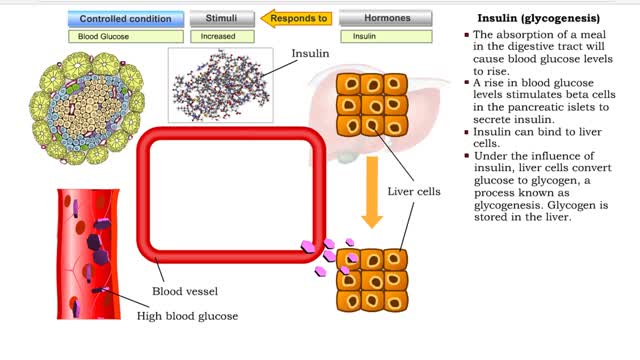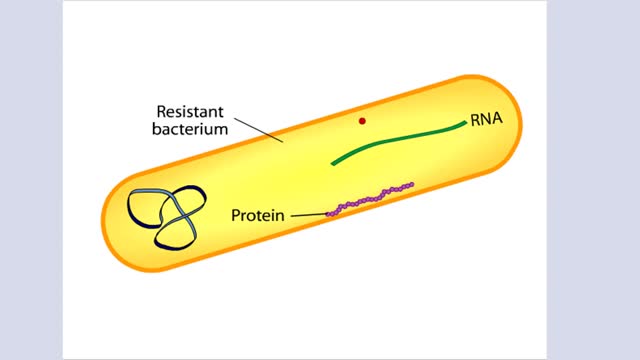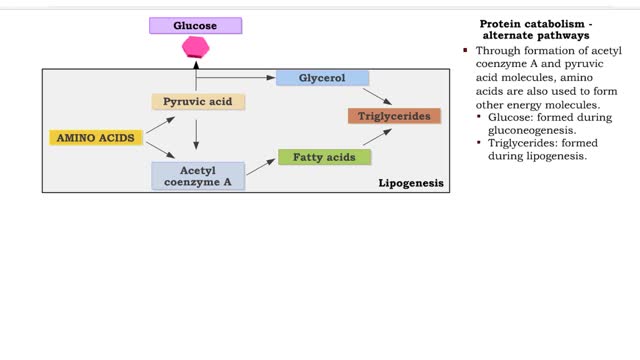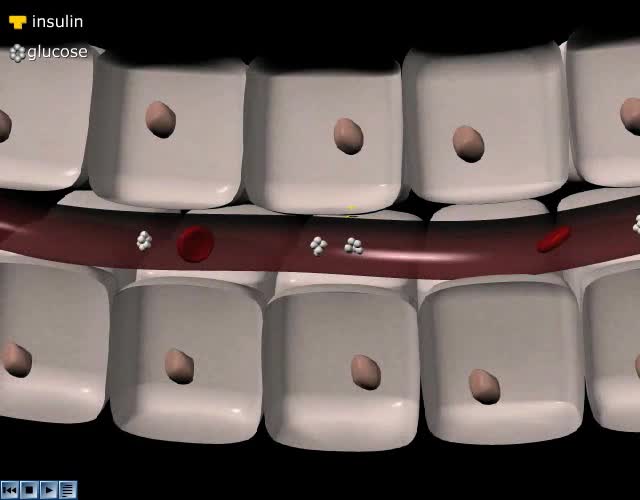Search Results
Results for: 'Facilitated Transport'
Insulin (glucose uptake by body cells), glycogenesis and lipogenesis
By: HWC, Views: 11925
Insulin is the regulator that allows the sugar from the foods we eat (be it a piece of cake or a stick of celery) to enter our tissues and become part of the metabolic process. Insulin is made by the Islets of Langerhans, which are found in the pancreas of every person. As we previously mentio...
By: HWC, Views: 11404
The Crisis in Antibiotic Resistance More than 70 years ago, Alexander Fleming discovered penicillin. A few decades later, when this antibiotic was used in World War II, Fleming's discovery had revolutionized medicine. No longer did people have to die from something as trivial as an infected cut.Y...
Protein catabolism (Krebs cycle) and Protein anabolism (protein synthesis)
By: HWC, Views: 12304
• Deaminated acids are brought into the Krebs cycle to be oxidized to CO2 and H2O. • Before entering the Krebs cycle, the deaminated acids are converted into intermediate products (pyruvic acid, acetyl coenzyme A, carbonic acids). • In the Krebs cycle, amino acids are oxidized to form r...
By: Administrator, Views: 16409
Hyperglycemia means high (hyper) glucose (gly) in the blood (emia). Your body needs glucose to properly function. Your cells rely on glucose for energy. Hyperglycemia is a defining characteristic of diabetes—when the blood glucose level is too high because the body isn't properly using or doesn...
Advertisement






